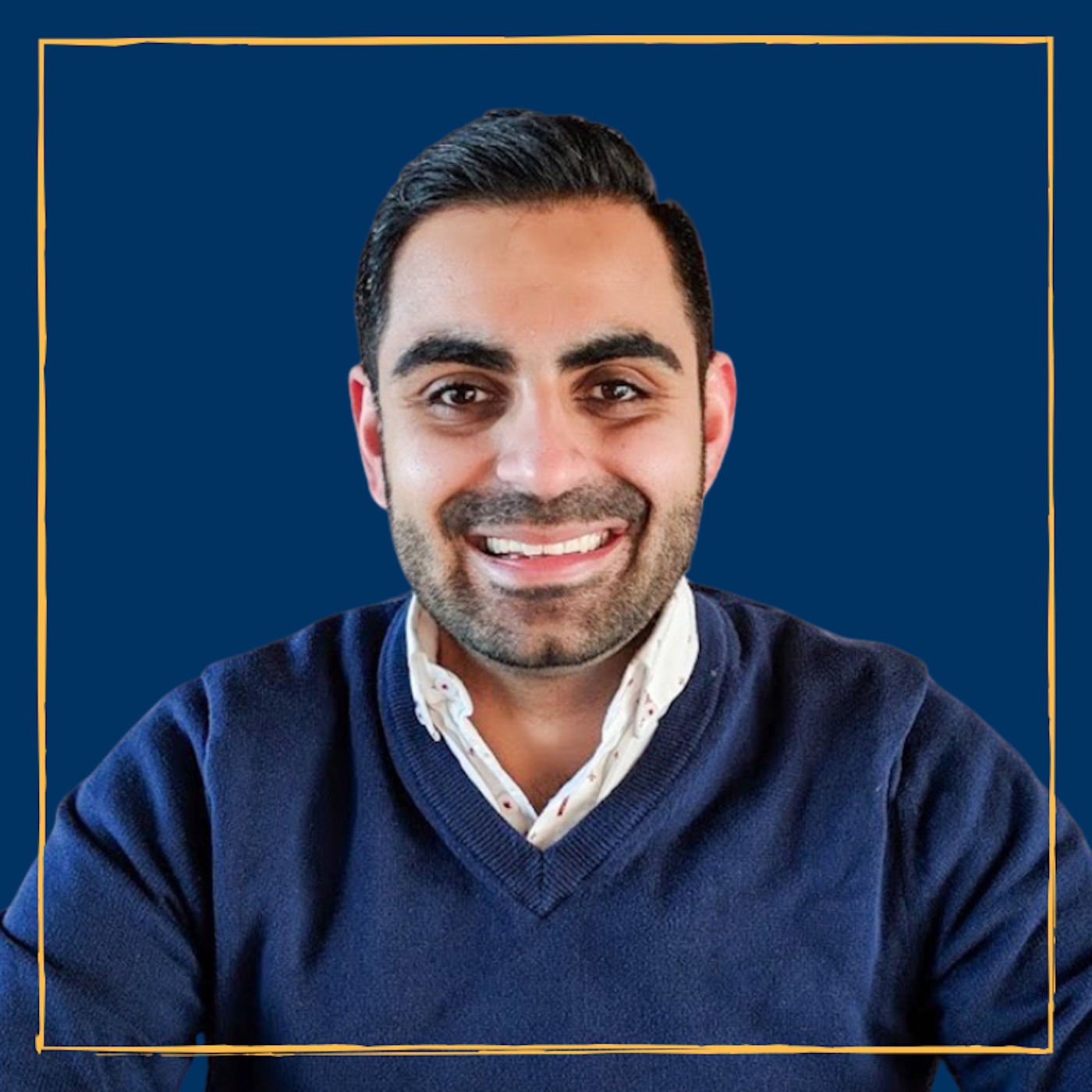Berkeley Startup

Berkeley Startup
Podcast Description
On the Berkeley Startup podcast, hosted by UC Berkeley Haas students, listen to UC Berkeley student/alumni entrepreneurs share their Best Practices on how you can build a product, find product market fit, raise funding and launch a company.
Podcast Insights
Content Themes
The podcast focuses on entrepreneurship, product development, and startup insights with episodes covering essential practices such as customer validation, fundraising strategies, and leveraging AI in business, as exemplified by Ishan Sharma's insights on co-founders and Akilesh Bapu's approach to transforming healthcare through technology.

On the Berkeley Startup podcast, hosted by UC Berkeley Haas students, listen to UC Berkeley student/alumni entrepreneurs share their Best Practices on how you can build a product, find product market fit, raise funding and launch a company.
In this episode of the Berkeley Startup Podcast, we sit down with Rohan Verma, founder of Arbor Advisory, executive coach, startup advisor, and former LinkedIn and Dropbox exec. With over 15 years of leadership experience in scaling billion-dollar tech products, Rohan shares his remarkable journey from Berkeley undergrad to tech executive, and ultimately, to full-time coach and entrepreneur.
Rohan opens up about his values-driven career decisions, the founding of his coaching firm, and his edtech venture, Gritty, which is built on the principle that grit and personality can outweigh privilege and pedigree. He also unpacks what truly sets his coaching apart, the nuances between team and individual coaching, and how he leverages his unique cross-industry fluency to support leaders from tech to sports to pharma.
Whether you're an aspiring founder, a career pivoter, or someone exploring the impact of coaching in a rapidly evolving workplace, this conversation is filled with insight, candor, and deeply actionable wisdom.
Episode Quotes:
What sets him apart in the coaching space
There are three key differentiators. Differentiator number one is that I was actually an executive at one point in a particular industry with domain expertise, and I made a conscious choice to move over into more of an executive coaching and advisory role. Number two, I don't do this on the side. It's not like I have my old day job at LinkedIn, and I do some coaching because it's fun, or it's invigorating, or I need a little bit of extra cash. I took the rigor and intensity of my old day job and brought it to the coaching world. And with that comes a certain style of personality that I tend to mesh with. Number three, I don't let my operating skills atrophy. I'm still managing some folks. It's not really coaching work, but it will make me a better coach. I can still have some fluency in terms of the day-to-day running of a business.
On the importance of mastering difficult conversations
There are a few commonalities. Commonality number one, by far, is how to have difficult conversations in a way that allows you to give and receive feedback without shying away, and without being too vitriolic, right? And you're teetering on criticizing someone like an ad ho attack, where you’re holding back. So, how to really navigate through delivering and receiving hard conversations is paramount.
On using AI to your advantage
Be very deliberate and mindful about staying up to speed on as much as you can about the various developments and constantly thinking about how they could make you more efficient or better in your job, rather than cowering in fear. Think about how AI could provide you with leverage. Don't get caught flatfooted.
Show Links:
- Arbor Advisory
- Grit: The Power of Passion and Perseverance by Angela Duckwort
- Gritty

Disclaimer
This podcast’s information is provided for general reference and was obtained from publicly accessible sources. The Podcast Collaborative neither produces nor verifies the content, accuracy, or suitability of this podcast. Views and opinions belong solely to the podcast creators and guests.
For a complete disclaimer, please see our Full Disclaimer on the archive page. The Podcast Collaborative bears no responsibility for the podcast’s themes, language, or overall content. Listener discretion is advised. Read our Terms of Use and Privacy Policy for more details.